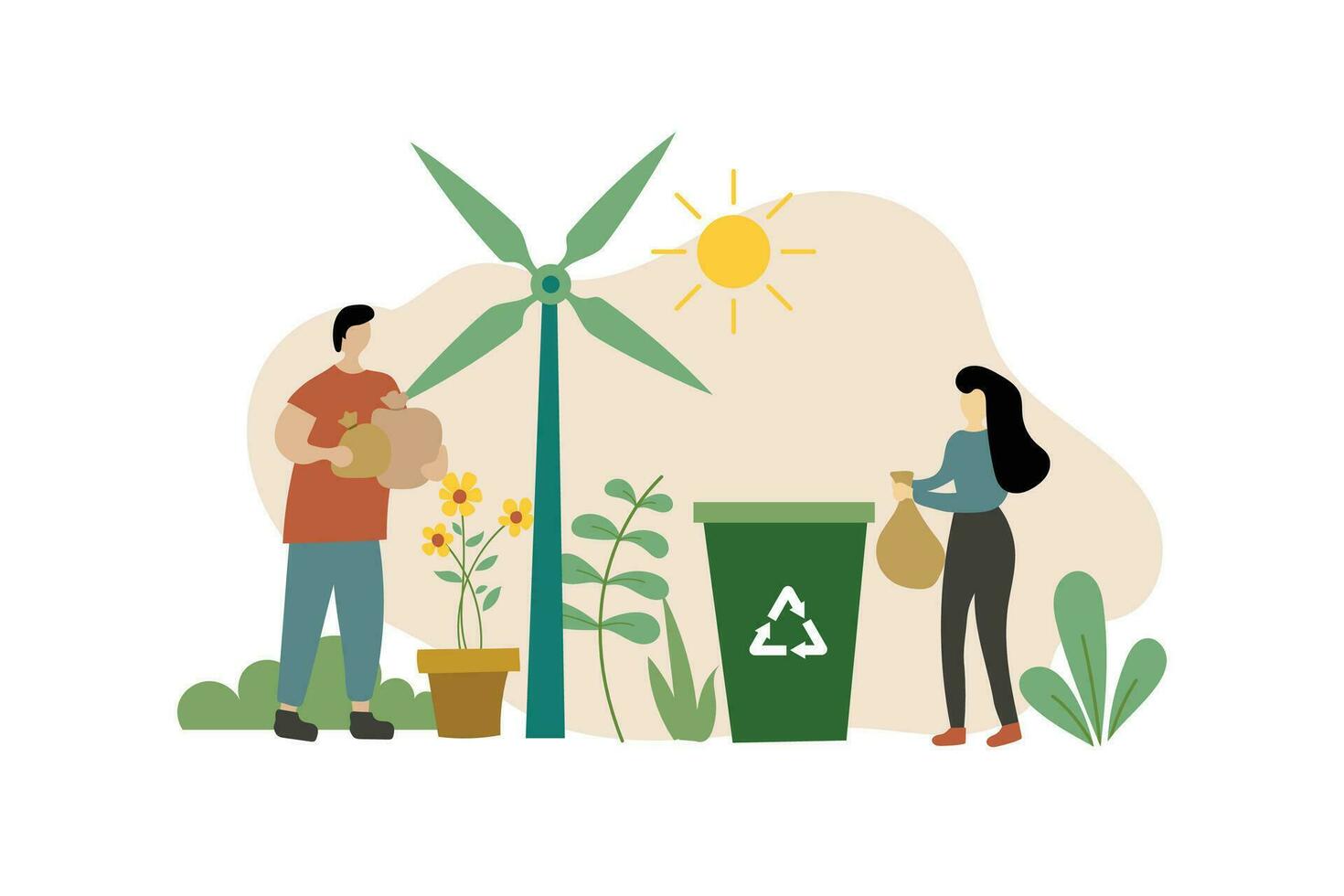Introduction
In the face of escalating climate change, there’s an urgent need for concerted efforts towards sustainability and conservation. Each of us holds the power to make a positive impact through eco-friendly practices in our daily lives. This article explores the significance of eco-conscious living and how it contributes to climate conservation, offering actionable steps to enact meaningful change.
The Importance of Eco-Friendly Practices:
Climate change, driven primarily by human activities, poses unprecedented challenges to our planet’s ecosystems and communities. Rising temperatures, extreme weather events, and biodiversity loss are just some of the consequences we face. By embracing eco-friendly practices, we can mitigate these impacts and work towards a more sustainable future.
- Sustainable Energy Consumption:
Transitioning to renewable energy sources such as solar, wind, and hydroelectric power is crucial for reducing greenhouse gas emissions. Individuals can contribute by:
- Installing solar panels or opting for green energy plans from utility providers.
- Practicing energy conservation habits like turning off lights, unplugging electronics, and using energy-efficient appliances.
- Supporting policies and initiatives that promote clean energy development and infrastructure.
- Responsible Consumption and Waste Management:
Our consumption patterns have a direct impact on resource depletion and waste generation. To minimize our ecological footprint, we can:
- Choose products with minimal packaging and opt for durable, reusable alternatives.
- Reduce food waste by meal planning, composting organic waste, and supporting local farmers and food producers.
- Participate in recycling programs and advocate for improved waste management practices in our communities.
- Sustainable Mobility:
Transportation is a significant contributor to carbon emissions and air pollution. By adopting sustainable transportation options, we can:
- Use public transit, carpooling, biking, or walking whenever possible to reduce reliance on fossil fuel-powered vehicles.
- Consider investing in electric vehicles (EVs) or hybrid cars to minimize emissions and support the transition to cleaner transportation technologies.
- Advocate for investments in public transportation infrastructure and the expansion of bike lanes and pedestrian-friendly pathways.
- Conservation and Restoration of Natural Ecosystems:
Protecting and restoring natural habitats is essential for preserving biodiversity and mitigating the impacts of climate change. Individuals can contribute by:
- Supporting conservation organizations and volunteering for habitat restoration projects in local communities.
- Planting native species in gardens and green spaces to provide habitat for wildlife and enhance biodiversity.
- Advocating for the protection of endangered species and the designation of protected areas and wildlife reserves.
Conclusion
Eco-friendly practices are not merely a lifestyle choice; they are a moral imperative and a practical necessity in the fight against climate change. By adopting sustainable habits and advocating for climate conservation, we can collectively drive positive change and build a more resilient and equitable world for future generations. Let’s embrace the challenge and seize the opportunity to create a sustainable future for all.


